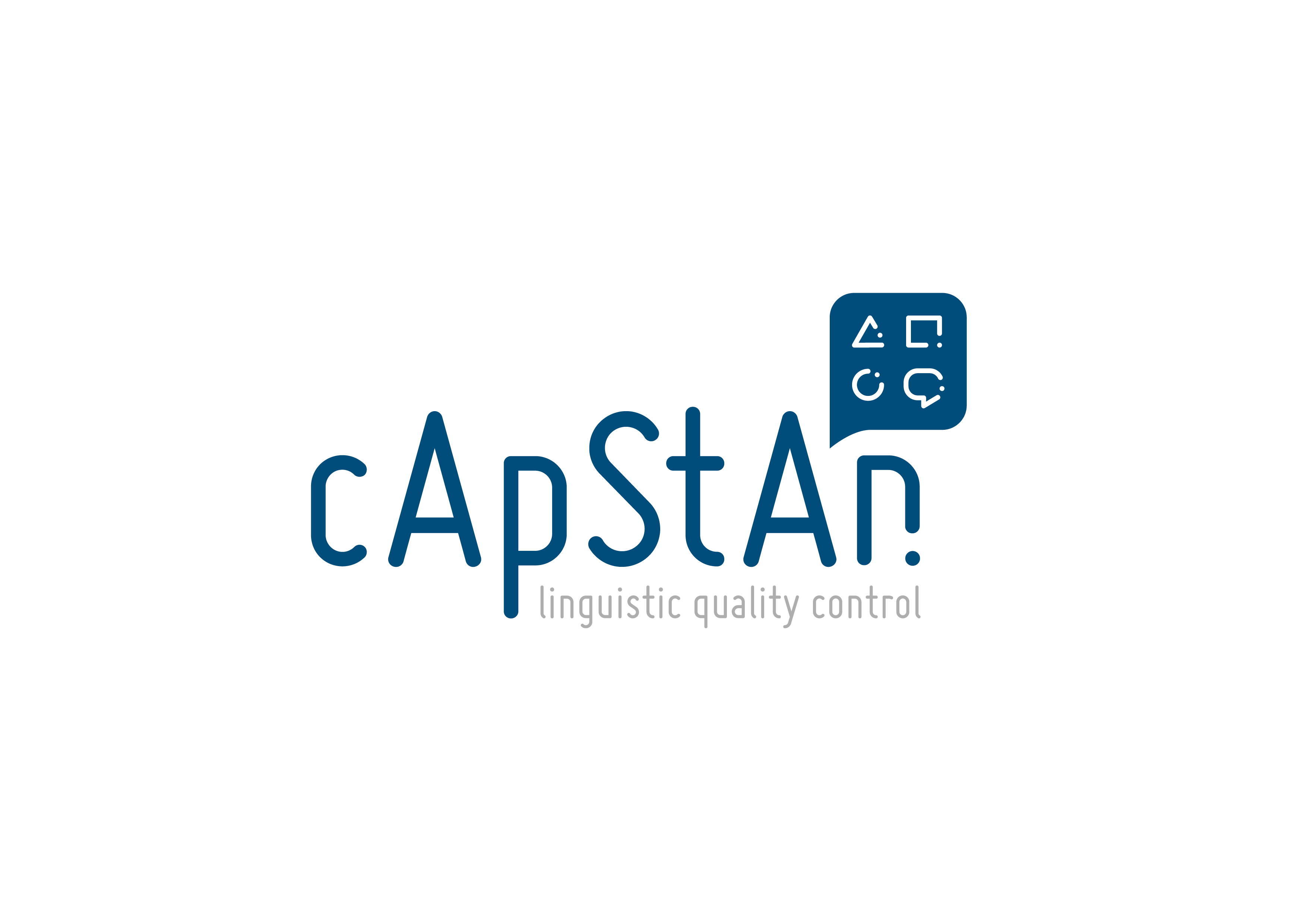Translation
Best Practices in Survey Translation/Adaptation and Linguistic Quality Assurance
The Open Probability-Based Panel Alliance (OPPA) sets a threshold: translation quality should meet the highest standards in all cross-national, probability-based web surveys.
If they wish, Researchers who wish to administer cross-national, probability-based surveys within the OPPA network will be given the opportunity to discuss these processes with cApStAn Linguistic Quality Control, a professional organization with which OPPA has set up a fruitful ad hoc cooperation model.
cApStAn typically performs a translatability assessment for the desired target languages; prepares translation and adaptation notes (to be validated by the researcher; and produces a linguistically equivalent translations in the desired target languages. The process includes detailed documentation of the translation, adaptation and linguistic quality control history of each question in each language.
For the translatability assessment + single translation + review combination, the indicative cost is €85.00 per question for the first language (assuming an average of 50 words per question) and €55.00 per question for additional languages.
However, cApStAn budgets are modular, i.e. the combination of modules is discussed with the researcher. The modules described below function as building blocks of the translation/adaptation design.
The proposed approach ensures (i) that the different language versions of the survey questions will be linguistically equivalent; and (ii) that adaptations required to conform to local usage and context have been implemented so that the same question is asked in the respective cultures.
As a first step, a translatability assessment (TA) of survey questions can be carried out to identify and mitigate potential localization problems in the early stage of survey development.
As a product of the TA, item-per-item translation/adaptation notes can be prepared to guide the ensuing localization process. These notes are discussed and agreed with/by the question authors. They can include concepts, objectives, or clarification of possible ambiguities. The notes also identify those adaptations (intentional deviations from the master) that the authors regard as mandatory, desirable, or ruled out.
Bilingual or multilingual glossaries can be prepared and used within and/or across surveys. These glossaries can include key terms, survey-specific terms, or terms or expressions that involve some research.
Project-specific rules can be defined and linked to attributes of the source version—regardless of the target languages. These rules can define e.g. the maximum number of characters in captions,
Glossaries and project-specific rules are linked to automated quality checks in the localization workflow.
Each cross-national panel survey can benefit from state-of-the-art survey translation methodology:
- Double translation, review, team adjudication and pre-testing (TRAP-D approach)
- Full documentation of the translation/adaptation history of each item in each language (the ‘D’ in TRAP-D)
- Transparency and re-usability: a database of all existing translations (e.g. response categories, scales) will be maintained and made publicly available
Researchers who wish to administer cross-national, probability-based surveys within the OPPA network will be given the opportunity to discuss these processes with cApStAn Linguistic Quality Control, a professional organisation with which OPPA has set up a fruitful ad hoc cooperation model. cApStAn delivers tailored linguistic quality assurance packages on request.

